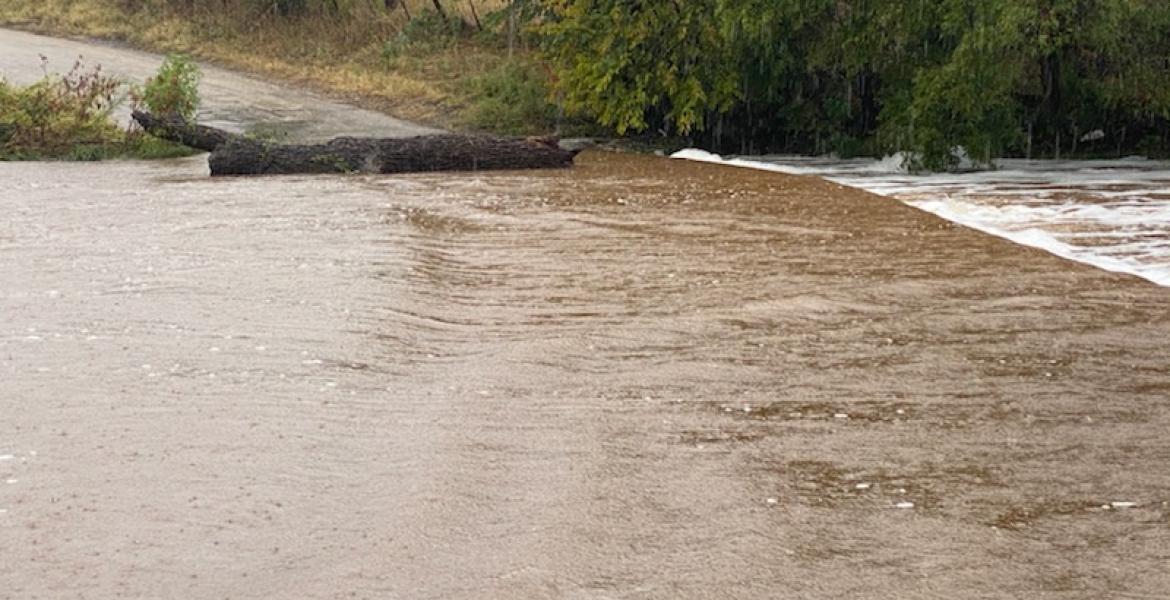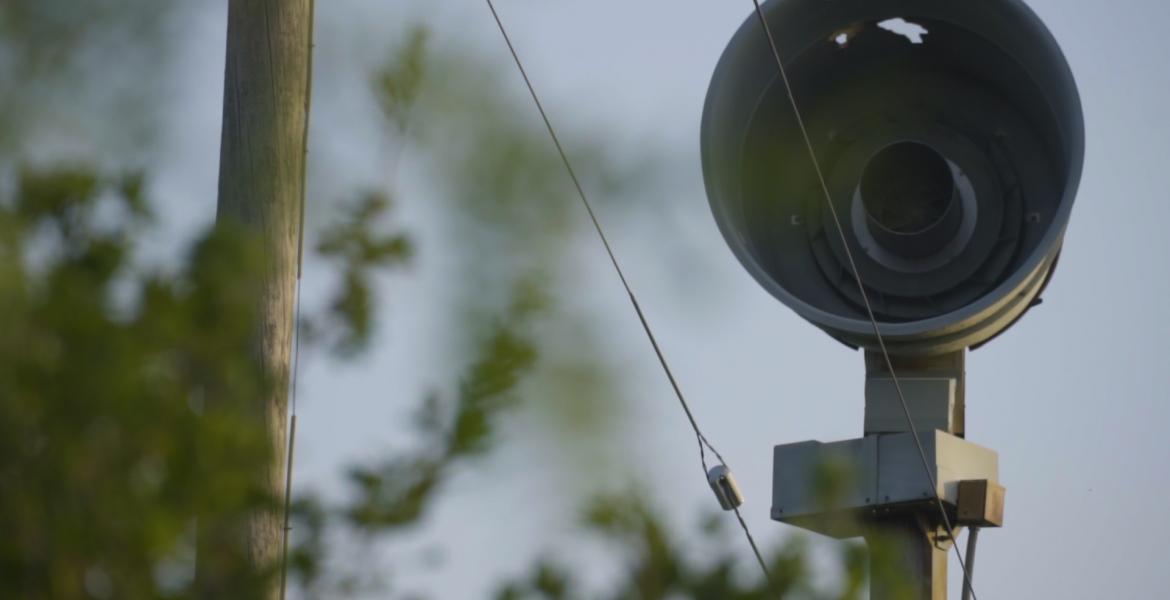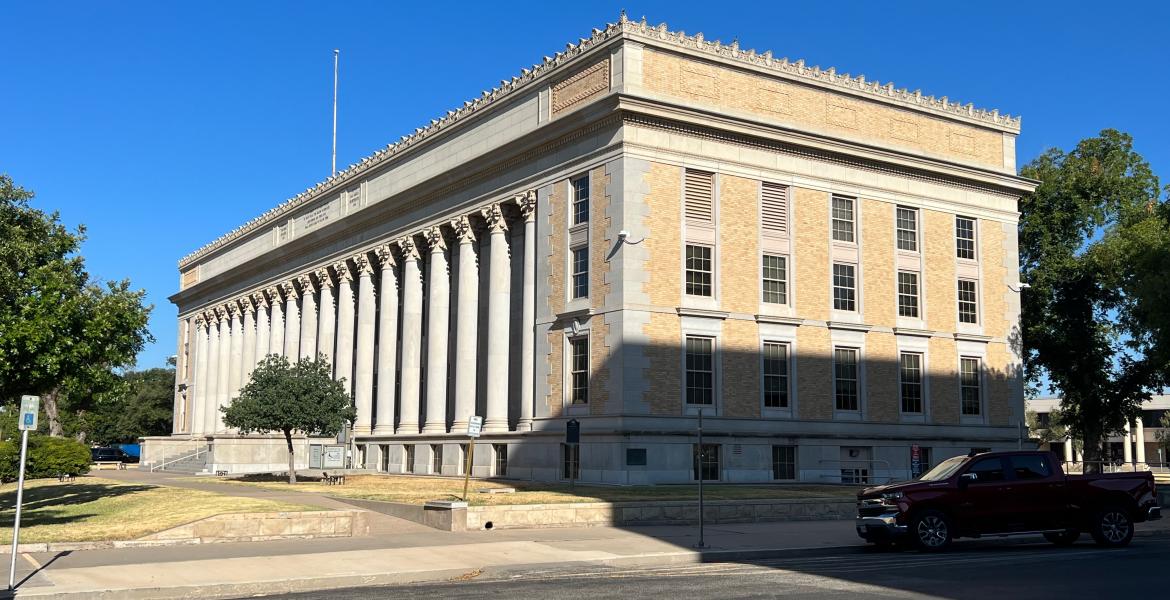On Dec. 12, 2008, at approximately 1:20 a.m., the San Angelo Police and Fire Departments responded to a report of gunshots inside a residence 710 East Avenue D Street.
Upon arrival, law enforcement discovered Juan Ibarra in the living room of the home with at least one gunshot wound. A short time later, Justice of the Peace Martinez pronounced Ibarra dead.
Investigators believe Ibarra may have been murdered by someone who knew him and there may have been more than one suspect involved. Witnesses stated they saw a red or maroon passenger car driving in the alley adjacent to the home shortly after law enforcement was notified of the shooting.
The specific motive for the murder is still unknown. Ibarra was described as having few enemies, and as being very well liked.
Now, after five years, the case has gone cold, an unsolved mystery. The San Angelo Police Department employs two cold case detectives to work crimes like the one involving Ibarra.
“We work on one or two cases at a time, we don’t get pulled off to go look at something else,” said Detective Jim Coleman. “That’s all we do.”
Coleman has over 20 years of experience in police work, and upon retiring from the state, took on being a cold case detective for the SAPD.
Coleman has worked cold cases for two years, and has been on the Ibarra case for a little over six months.
Sergeant Fred Sturm describes the three to four week process that a cold case detective like Coleman has to perform in order to investigate.
“He has to go completely through the case file from the original detective," Sturm explained. "Once he goes through, he makes his own file report, then he pretty much starts the investigation like he was the beginning detective.”
Once the comprehensive case file is made, it serves a reference point for beginning the investigation anew, rather than constantly having to look through boxes of files.
“The main reason is to make sure everything was covered at that time, make sure nothing was overlooked,” Sturm said.
The first step after the new case file is created is to talk to everyone that was connected, friends, family and even neighbors that might have seen something.
“Just tracking down the families and witnesses that lived down in that area is tough,” Coleman stated, “it’s only been five years, but not everyone stays in the same life pattern.”
He explained that even though people may have already been questioned by investigators once, at a later time they may remember other details, or simply be in a place where they can talk about it.
It may come as a surprise to many that there are still cold cases with such advancements in technology and forensics.
The first case solved by DNA happened in the early '80s in Great Britain, and Sturm mentions that he found out about it in the '90s, but San Angelo has only had the technology for 12 to 15 years.
“We’re always progressing with technology,” Coleman explained.
“Five years in the life of forensic technology,” Sturm postulated, “the advances are amazing.”
Sturm went on to explain that there is a national and state system called the Combined DNA Index System, or Codis, where everyone convicted of a crime and sent to prison's DNA is logged.
“We get Codis hits all the time,” Coleman said. “A lot of cases are solved by Codis hits.”
They explained that nowadays, many investigators collect all sorts of DNA to preserve in hopes of technological advancements.
“It has to be collected at scene and they [investigators] have to have the attitude to collect it while they can,” Coleman stated. “Five years from now it might get a hit, it’s just waiting the whole time.”
San Angelo typically uses the Texas Department of Public Safety’s Codis for their needs.
“The more time that goes on, the more people that are entered, the better your chances are,” said Sturm.
When cases predate DNA testing, or when no hits are found, detectives have other methods they rely on.
“Fingerprints were the main thing back then," Coleman explained, "that and witnesses identifying suspects. It still boils down to good investigative technique.”
According to Sturm, San Angelo has 16 or 17 unsolved cases going back as far as the '70s, with three or four being solved just in the four years the Cold Case Unit has been around.
“Some of it's DNA,” said Sturm, explaining how the cases are solved. “Some has been a better investigation, advances in techniques or just advances in DNA.”
Other times its people calling in with vital information.
“There’s been two or three occasions where media does cold case releases and based on that you get a few calls,” Coleman explained.
He also described the rumor mill as a good method to pursue or rule things out--the detective never knows when a rumor can lead to important details.
That’s why the SAPD encourages everyone with any information to call.
“What they think is small might be the missing piece,” Coleman explained. “Don’t decide on your own what is important, that is our job.”
He emphasized that any tips or information given is confidential.
“If someone is out there, they don’t know if their info can help, go ahead and call us,” Coleman said, adding that the hardest part of his job is knowing that the vctim's families have no closure.
“They [victims] have not been forgotten, their loved ones have not been forgotten,” he stated firmly, emphasizing the need for citizens to come forward with information.
If you have any information pertaining to the Ibarra case, please contact SAPD Cold Case Detective Jim Coleman at (325) 657-4532 or 277-4503 or email [email protected].
To remain anonymous, call the SAPD 24 Tip Hotline at 1-855-TIPS-247. You can also text your tips- text TIP SAPD plus your tip to 888777. You can submit tips online at http://local.nixle.com/tip/san-angelo-police-department/.
Subscribe to the LIVE! Daily
Required






Post a comment to this article here: